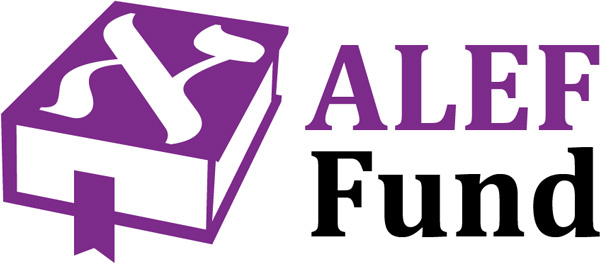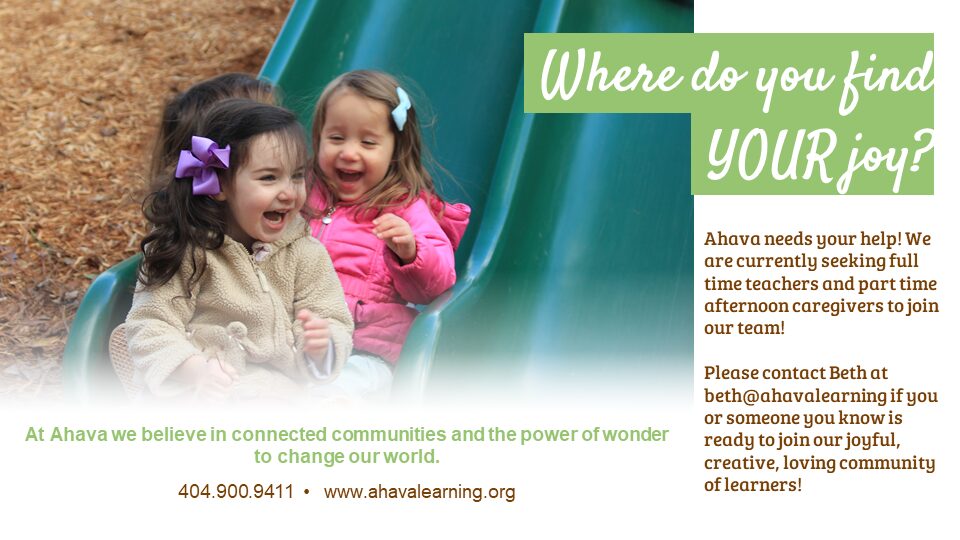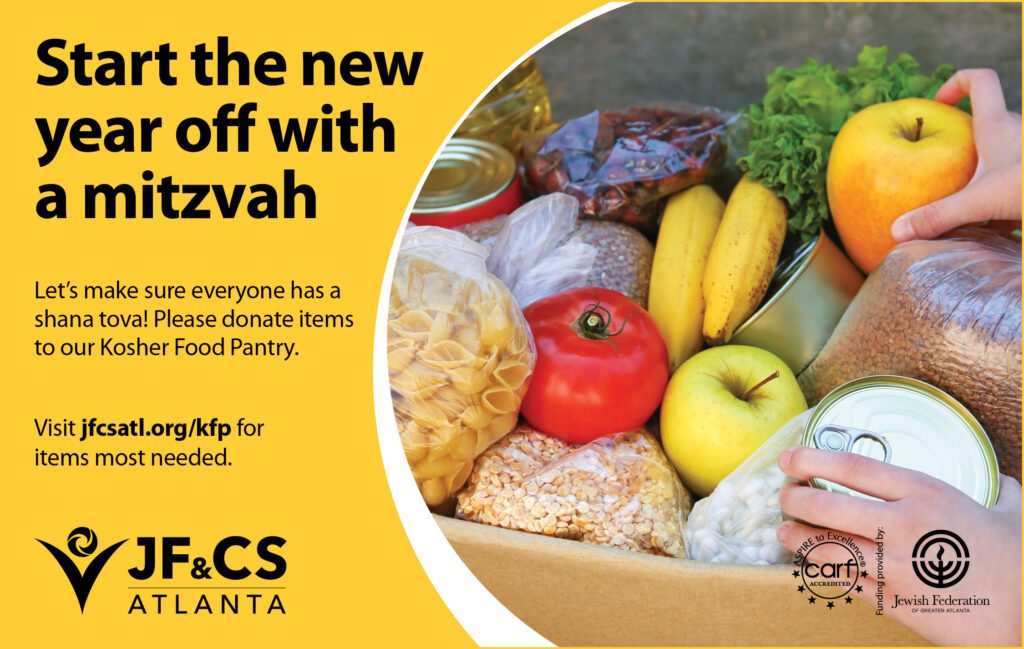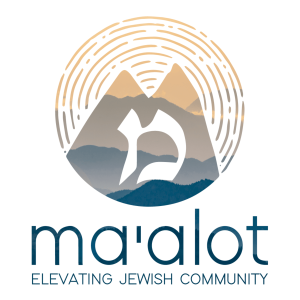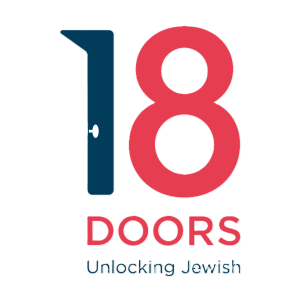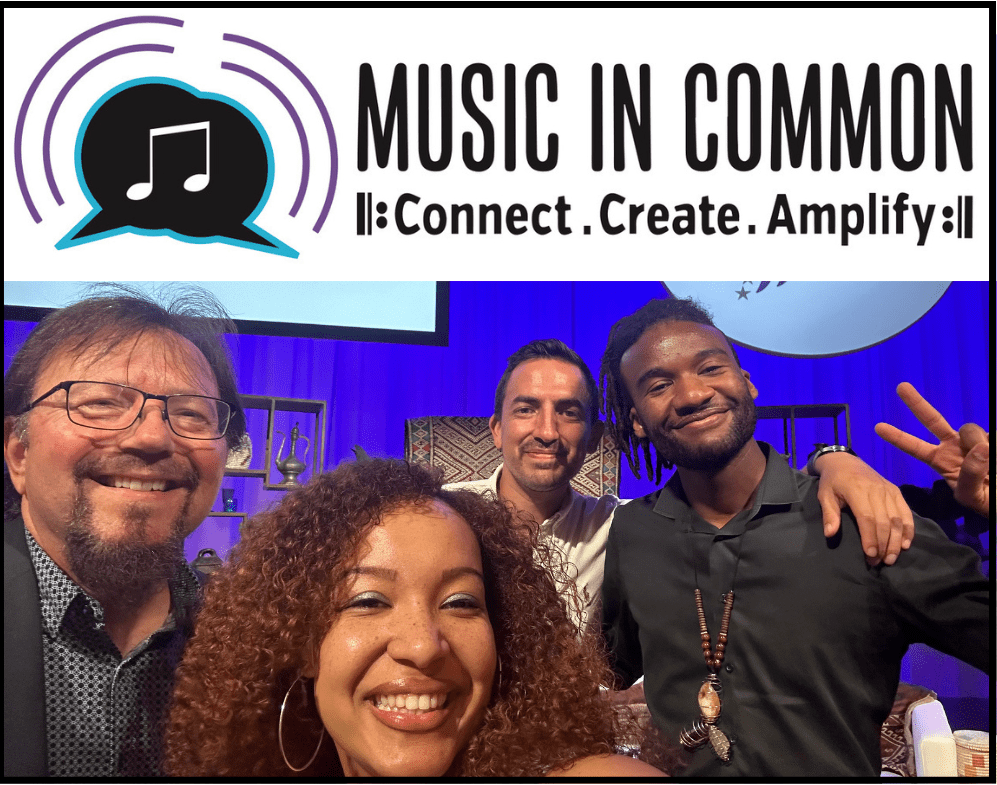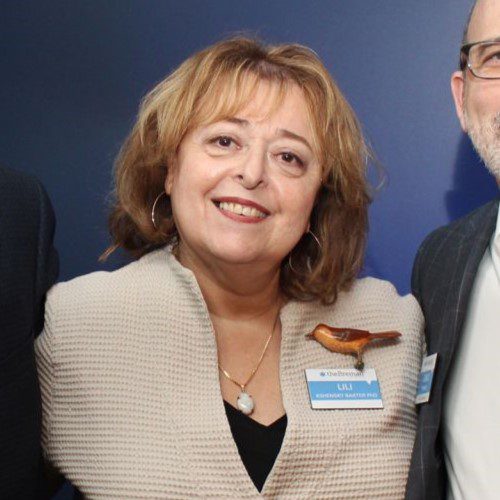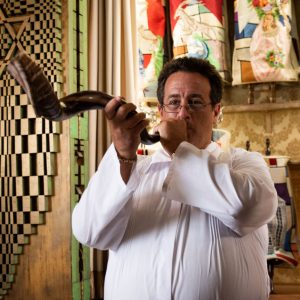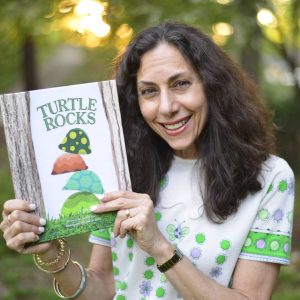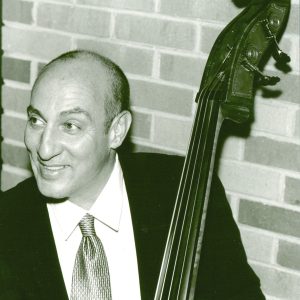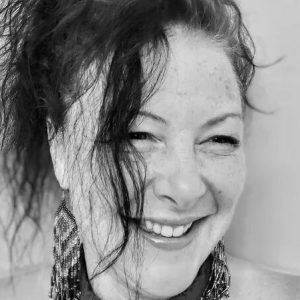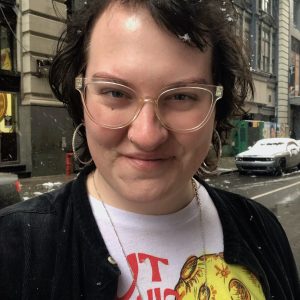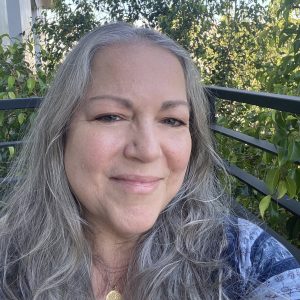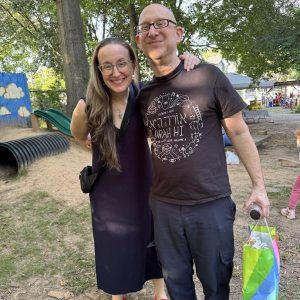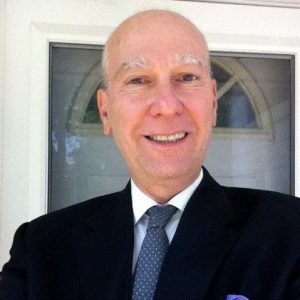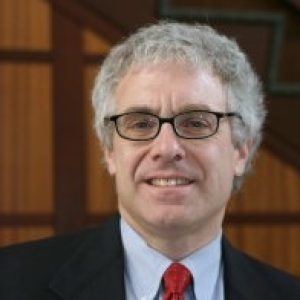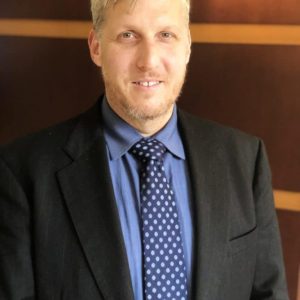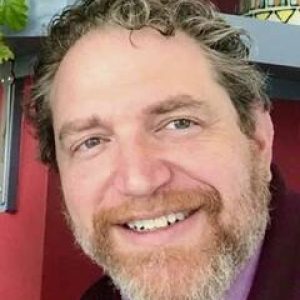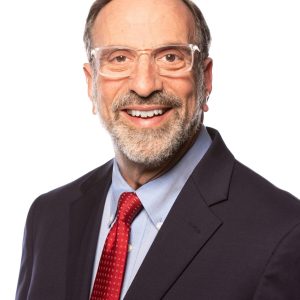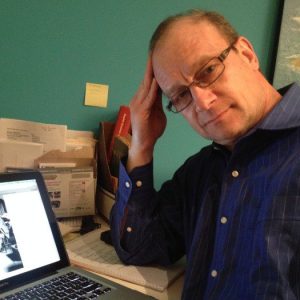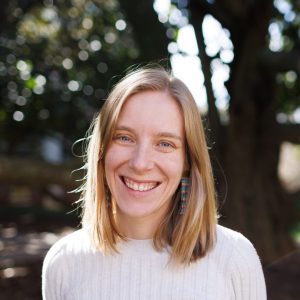MaNishma with Rabbi Arnold Goodman
Parshat Nitzavim
The Fragile Flower of Trust
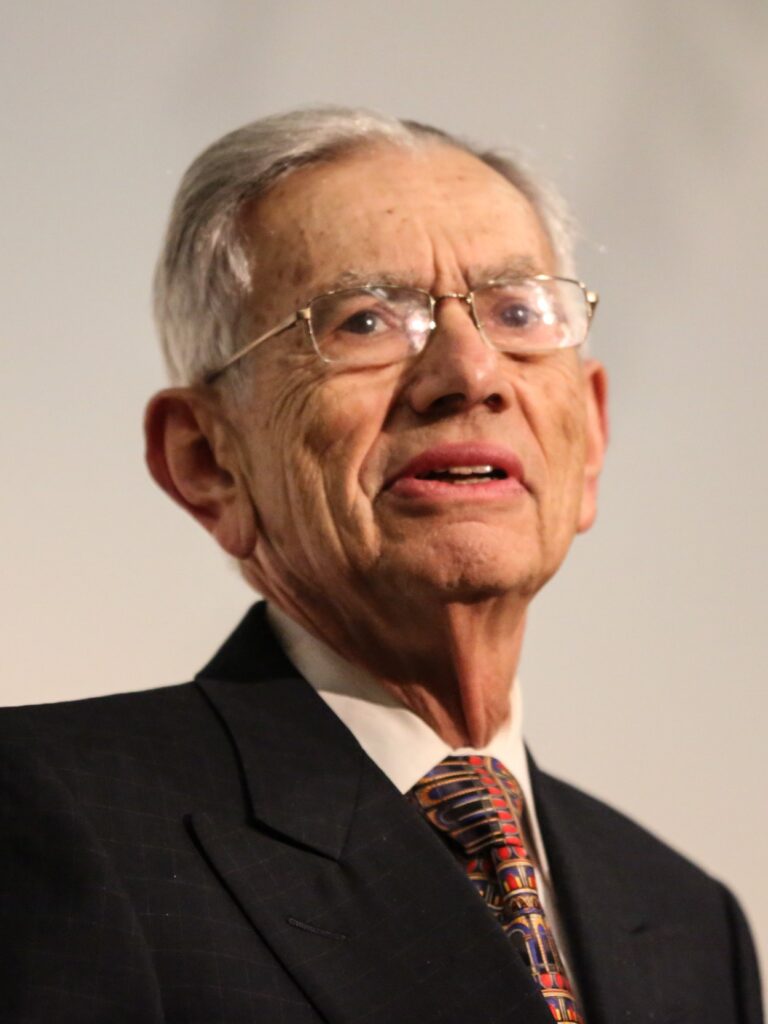
The four Hebrew words comprising Elul are interpreted as an acronym for the beautiful verse in Song of songs, "I am my beloved's, and my beloved is mine." These words spoken by beloveds reflect the deep love of life's partners for one another.
Traditionally the groom, when placing the ring on his beloved's finger, recites, "With this ring you are sanctified to me," and this is no trivial promise. The bride, by extending her finger upon which the ring is placed or by placing a ring on the finger of her groom, signifies that she accepts being in a sanctified relationship with her beloved. They are embraced by their mutual acts and have entered into a relationship founded on trust. This dynamic is also obviously implicit in the double ring ceremonies that are the norm in most contemporary ceremonies.
The real challenge of the relationship, however, is to establish and deepen emunah–mutual trust in one another. The relationship formed by promises under the chuppah cannot endure without trust. There is a great difference between a wedding and a marriage. The former is an emotion-filled celebration; shared by all in attendance. Then, when the last guests have departed, the couple is faced with the formidable challenge of building a marriage on this infrastructure of faith and trust.
A strange story in the Talmud (Ketubot 62b) sensitizes us to the consequences of a loss of trust. Rabbi Rechumi, a fourth century Babylonian scholar, studied in the renowned Babylonian academy at Mehuza. The accepted custom was for these scholars to be separated from their wives for prolonged periods, at times–even for years. This, obviously, is not our way today, but it was a common practice in the past. The relationship was built on mutual trust; he would immerse himself in Torah with the understanding that he would return at a mutually agreed upon time.
Rabbi Rechumi's practice was to rejoin his wife once a year–on the day before Yom Kippur. She would eagerly await his arrival and the time they would be with one another–albeit for but a day. The Talmud records that one year on the day he was to return, Rabbi Rechumi was sitting on the roof so totally engrossed in his studies that he became oblivious to the passage of time, and he failed to return home.
His wife, of course, had prepared herself for this annual reunion and, as the day wore on, she kept saying to herself, "Soon he will be at the door, soon he will be here."The sounds of every footstep outside raised her hopes that he was about to appear.
Sunset came, Yom Kippur had begun and with the intensity of her disappointment and sorrow, her eyes filled with tears, and it was at that very moment that the roof on which Rabbi Rechumi was seated collapsed and he plunged to his death.
To my mind this strange story of the tears in her eyes and the collapsed roof that buried him, is a metaphor for the disintegration of their relationship–it's very death. Rabbi Rechumi had violated the trust that was essential to their marriage, and just as tears cannot be returned to the eye or the collapsed roof be put together, so could the marriage no longer endure.
R. Rechumi's failure may seem trivial in our eyes, but this is a story of how a loss of trust can cause a marriage to dissolve. Trust is much like a delicate flower to be handled with care and tenderness.
What is true of marriage is true of all relationships. Elul and the forthcoming Days of Awe challenge us to assess our actions to determine if, when, and how we may have violated a trust–often an unwritten agreement between us and the other. The task demanded of us is to make an honest effort to effect a reconciliation and hopefully the other's heart will be open to our sincere expressions of regret.
Fortunately, our Tradition encourages us to have faith that our Heavenly Partner will always keep the door open for us to enter into a reconciliation with Him. We can commit or re-commit ourselves to embrace a life of Mitzvah. He, however, cannot–and will not–fully embrace us and accept our return or teshuvah until we have made an honest effort to reach out to the others in our lives: spouses, children, parents, family, friends, co-workers, etc.
The challenge of this season is to remind ourselves of promises made, of agreements entered into, and above all, of the essential faith and trust that must undergird the infrastructure of our many relationships.
—
From the holy city of Jerusalem, my best wishes for Shabbat shalom umevorach, a Shabbat of peace and of blessing and for a shana tovah u'metukah–a sweet new year.


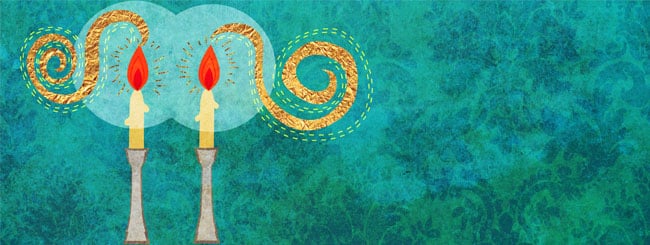
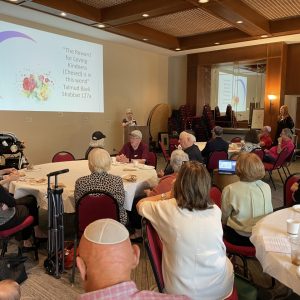
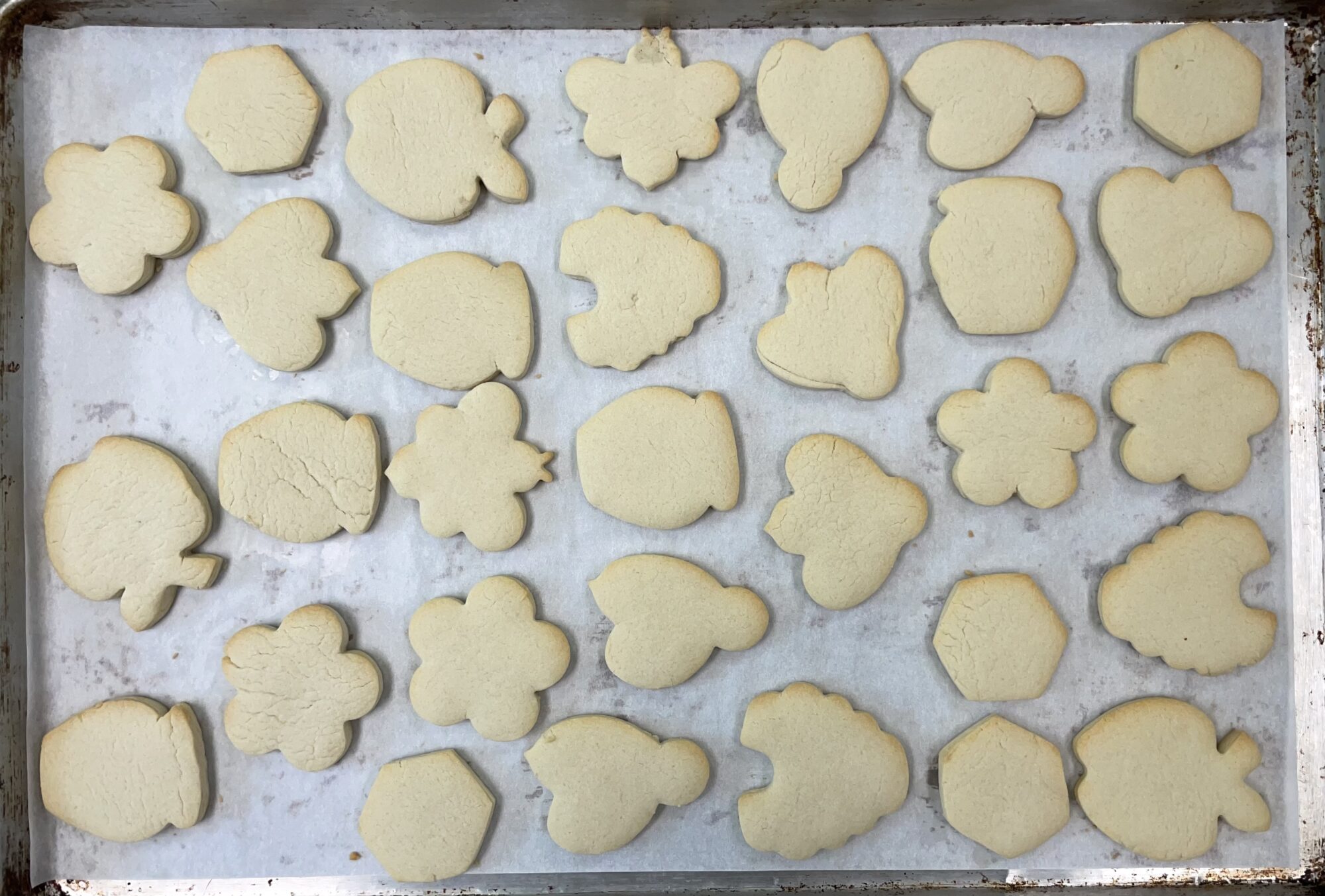
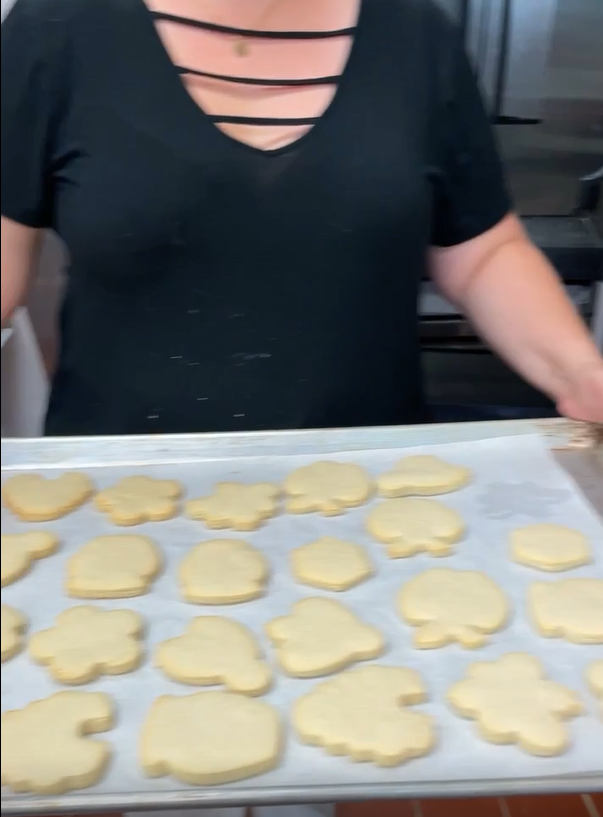
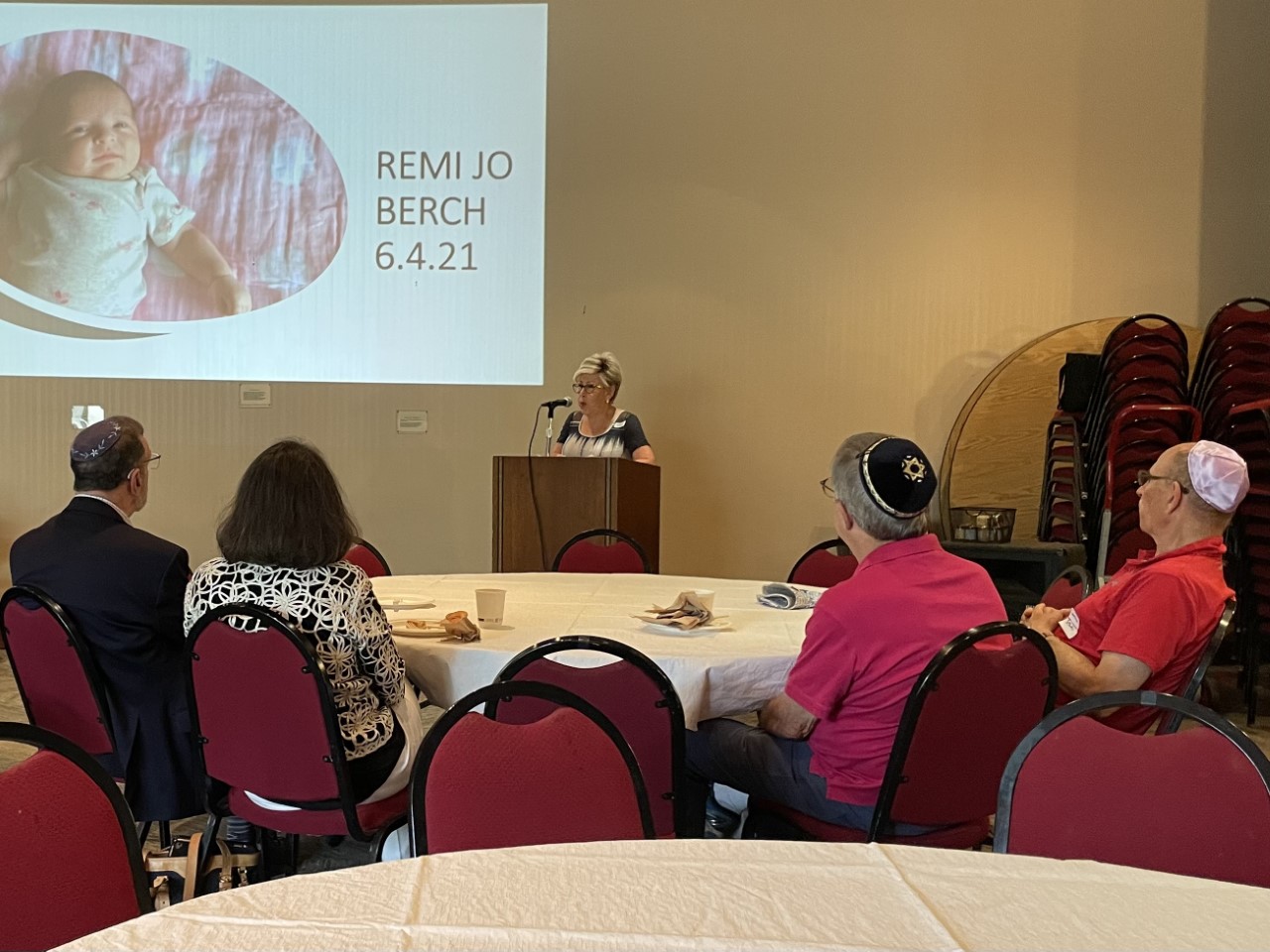
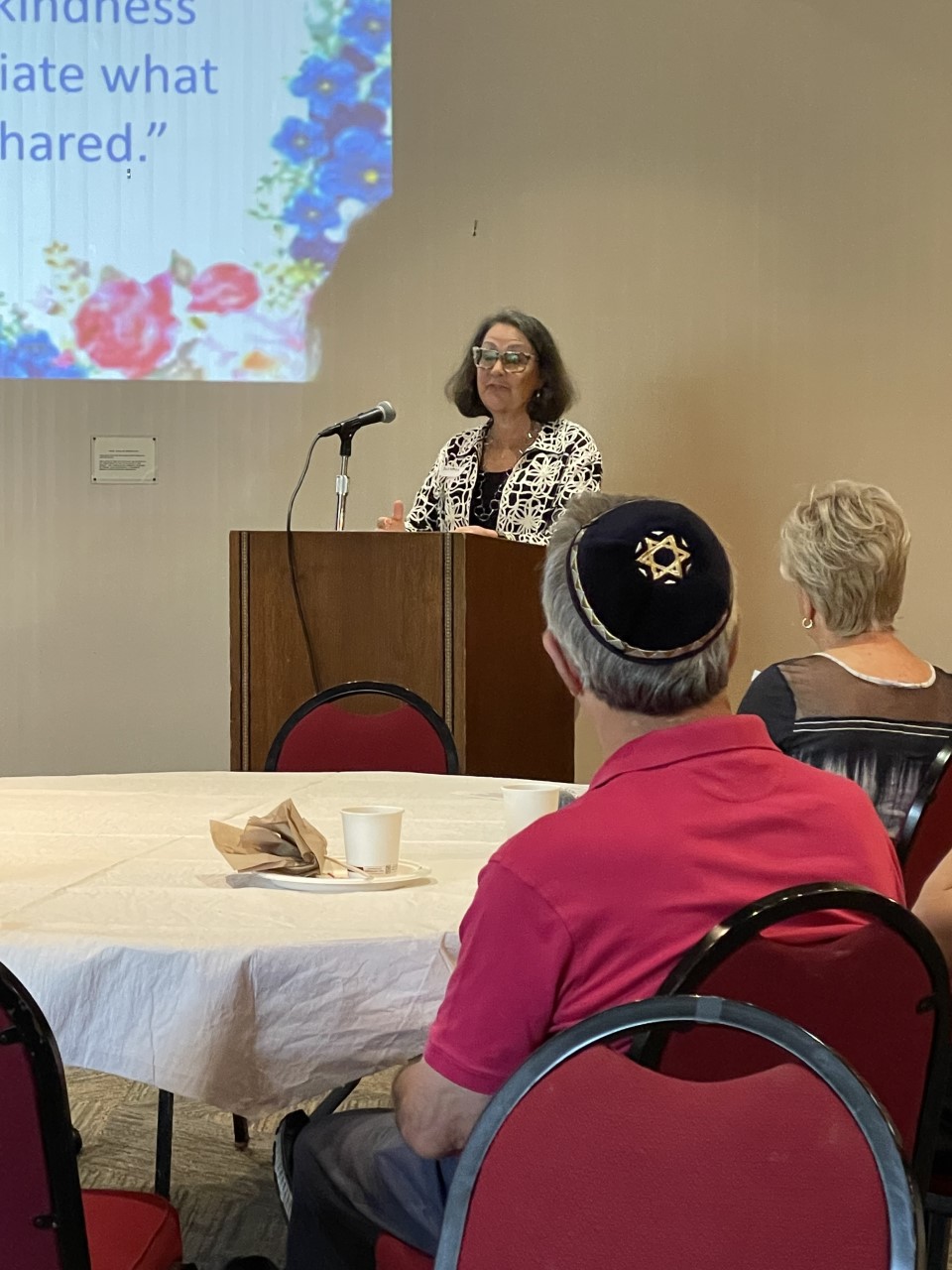
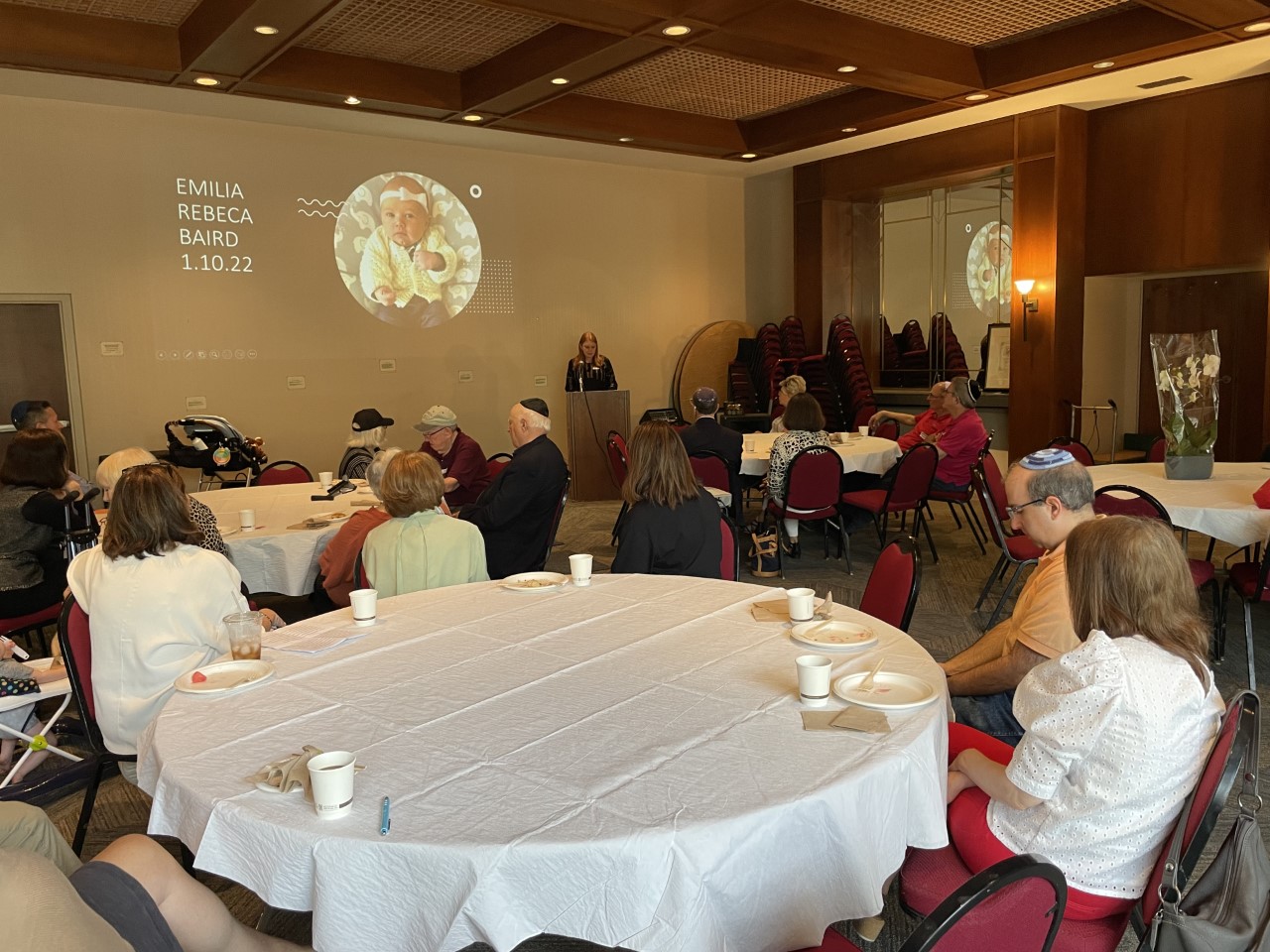
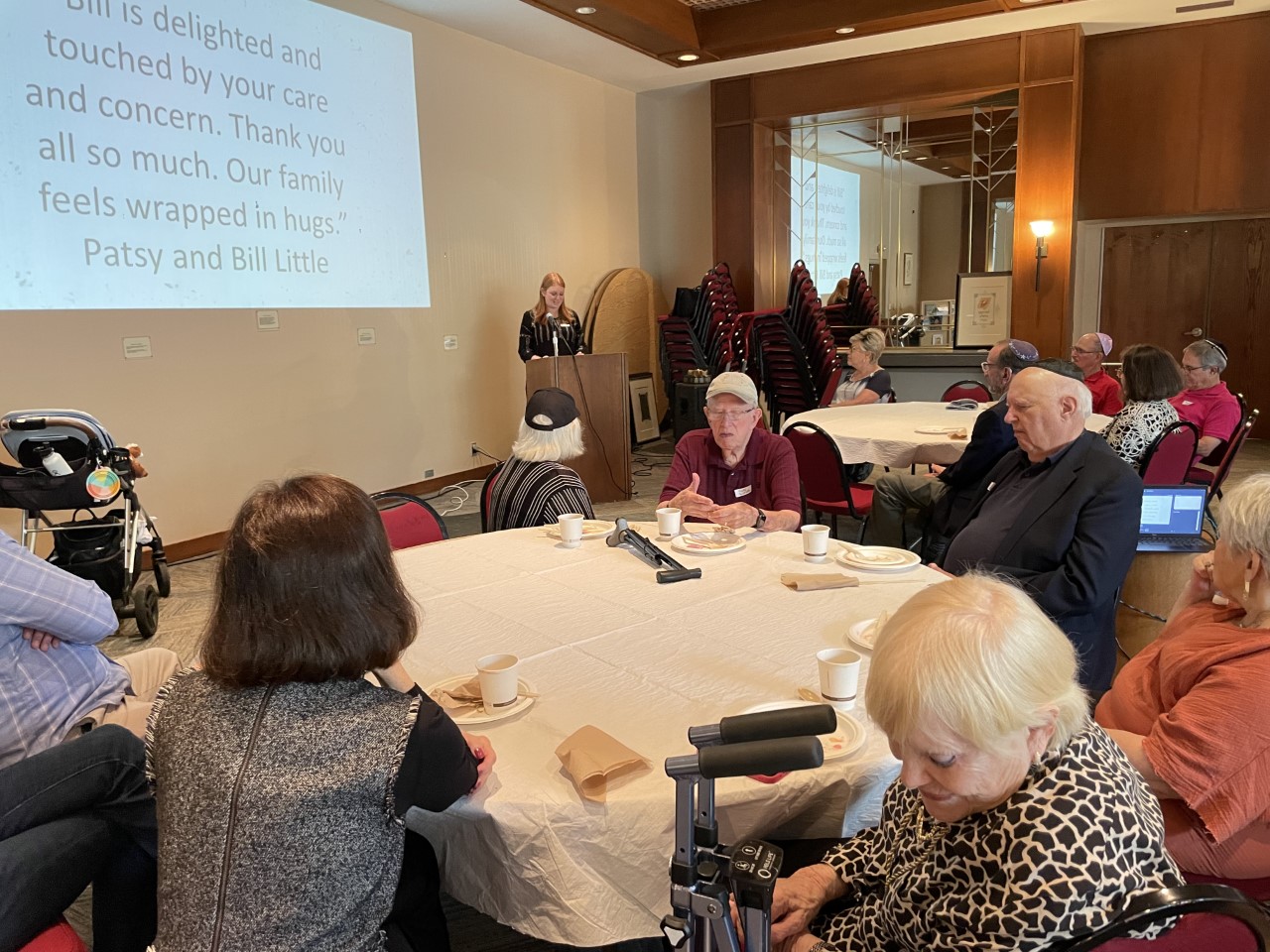
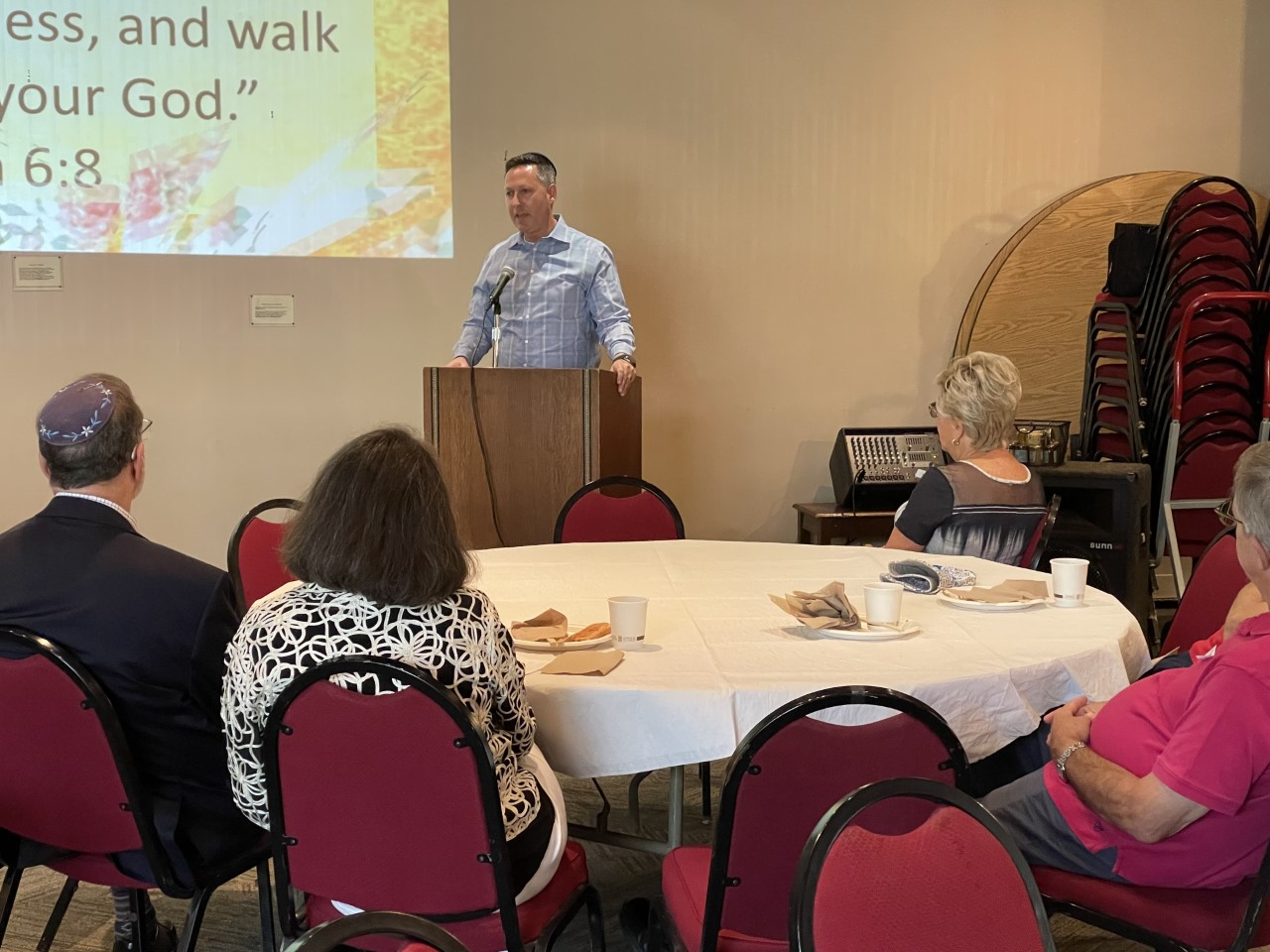
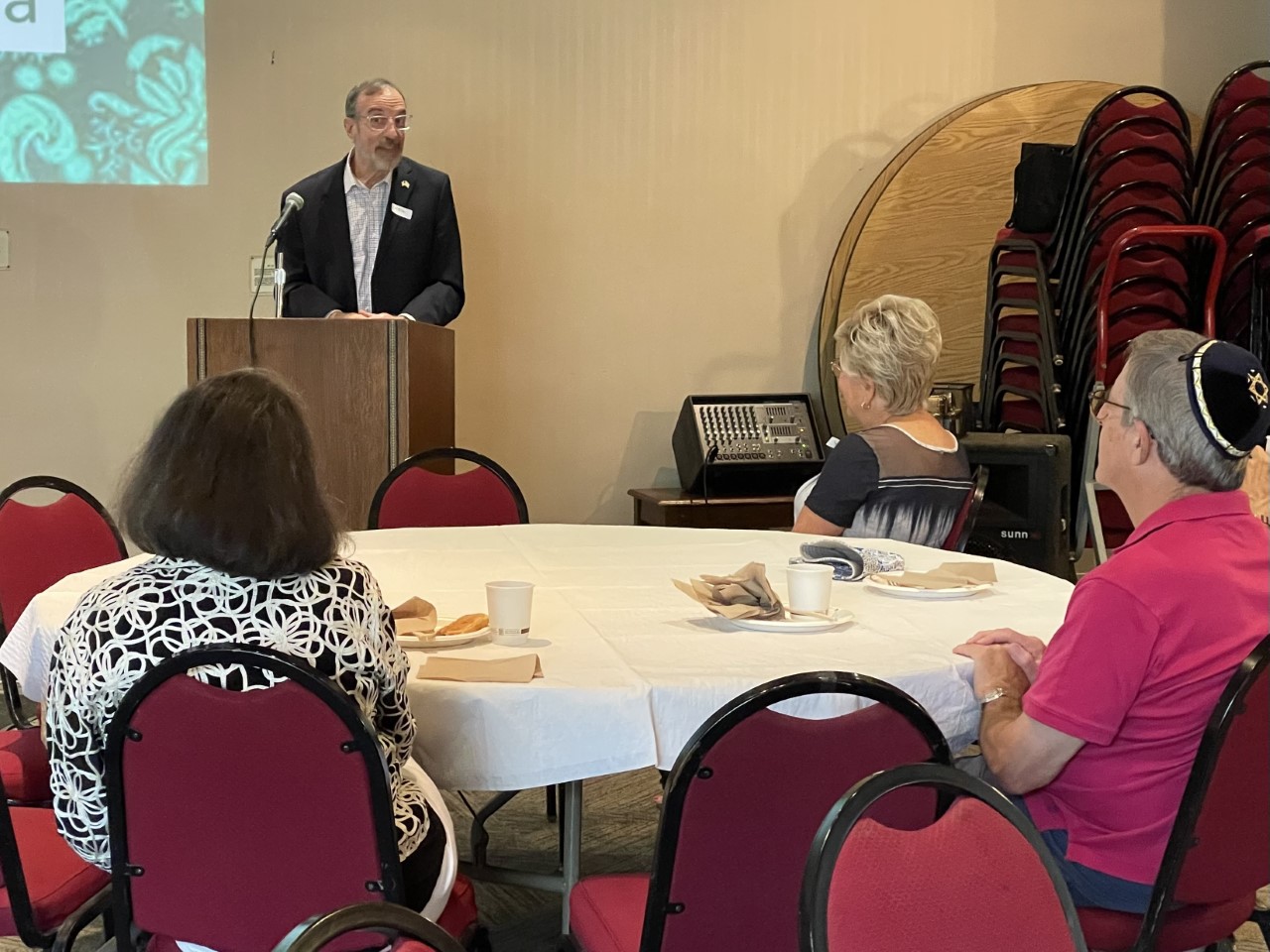
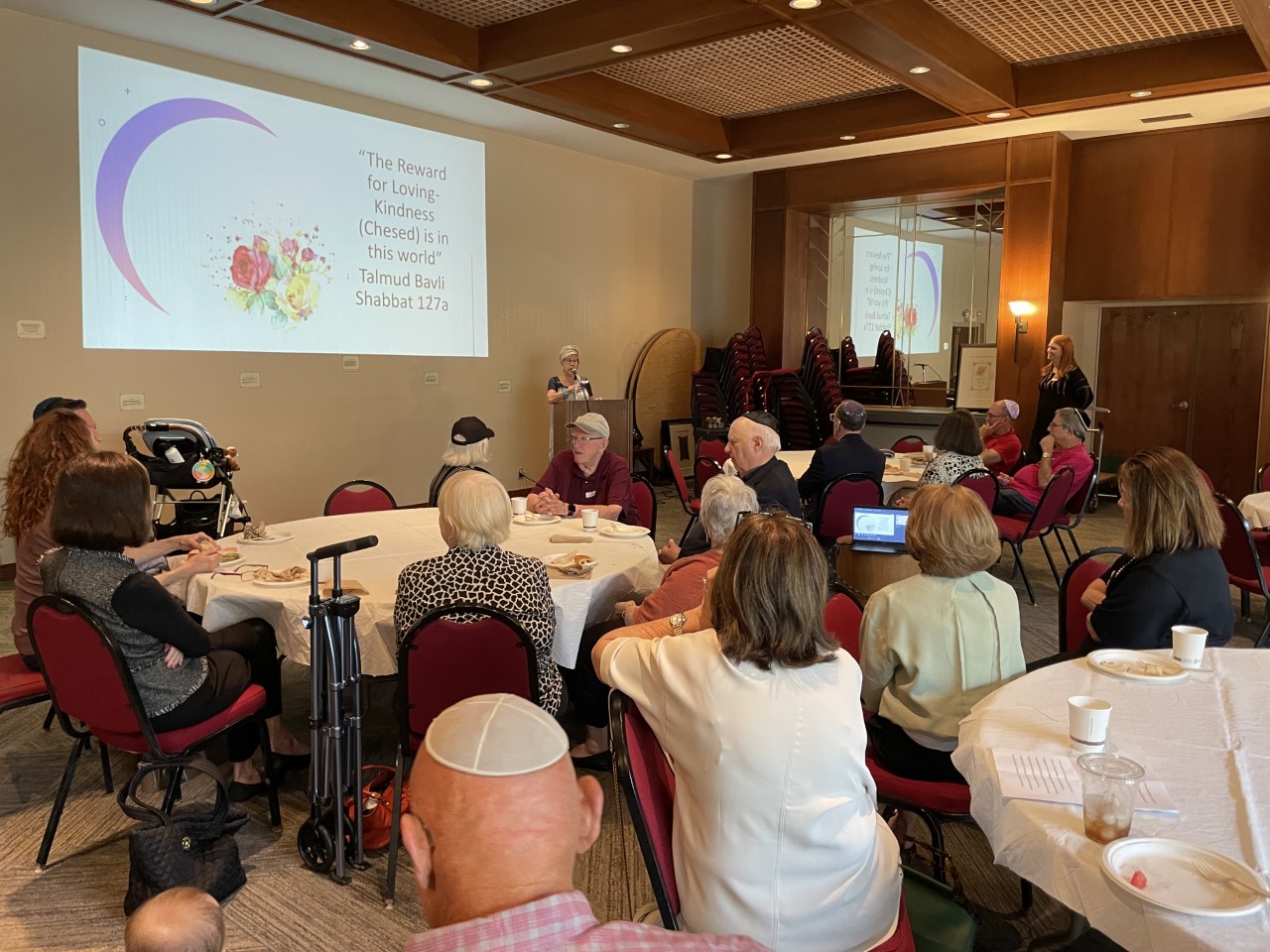
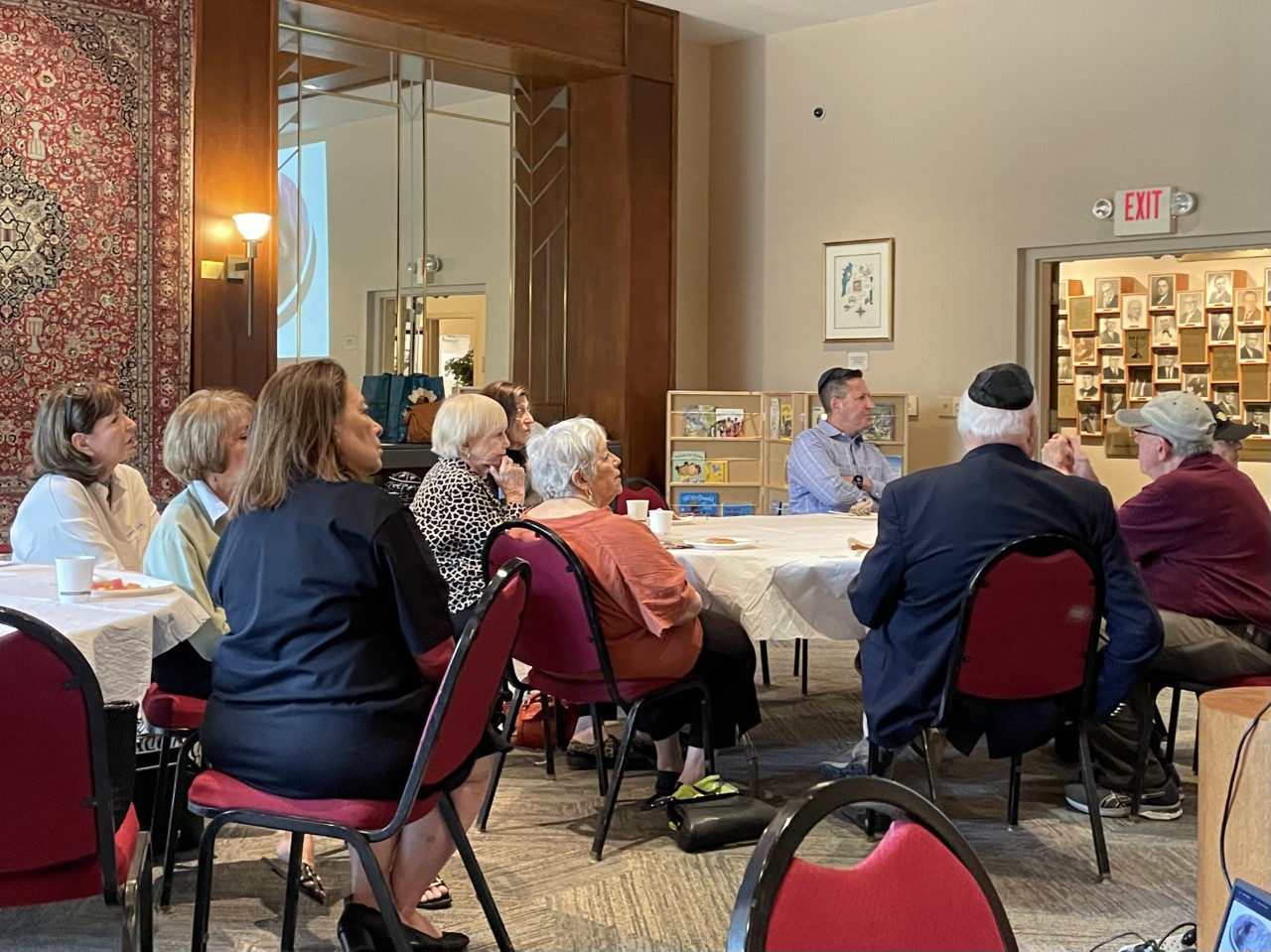

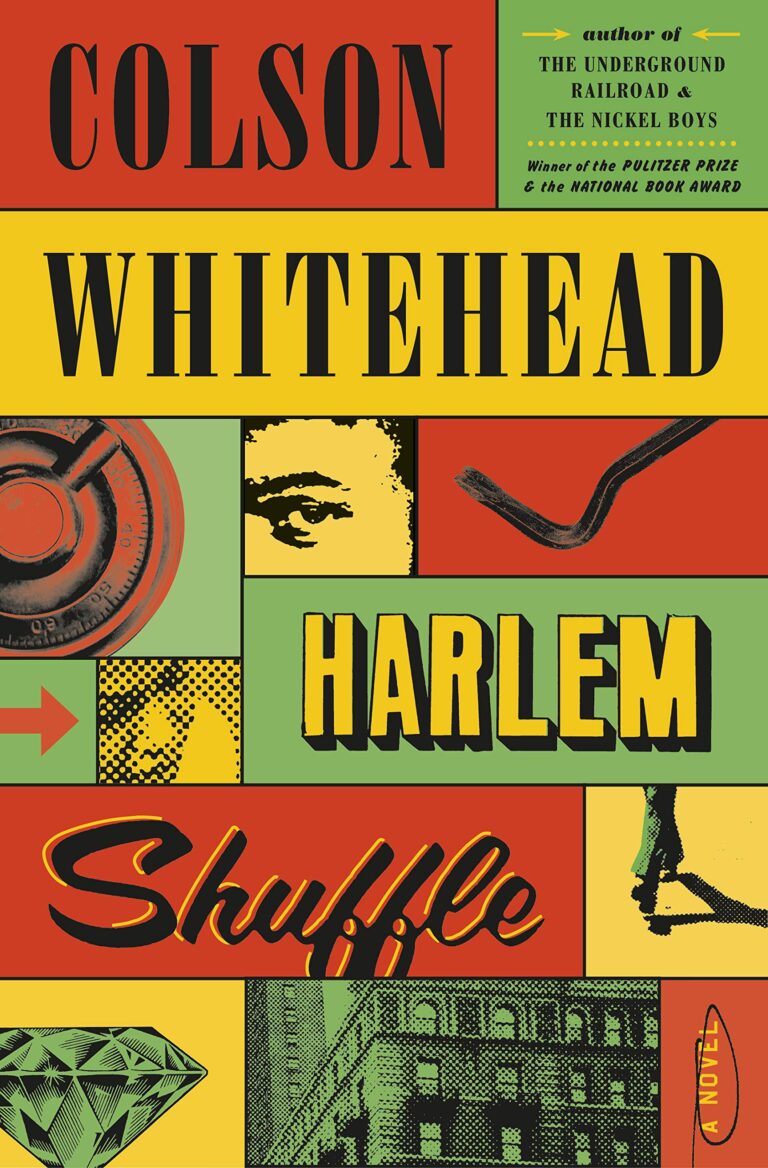
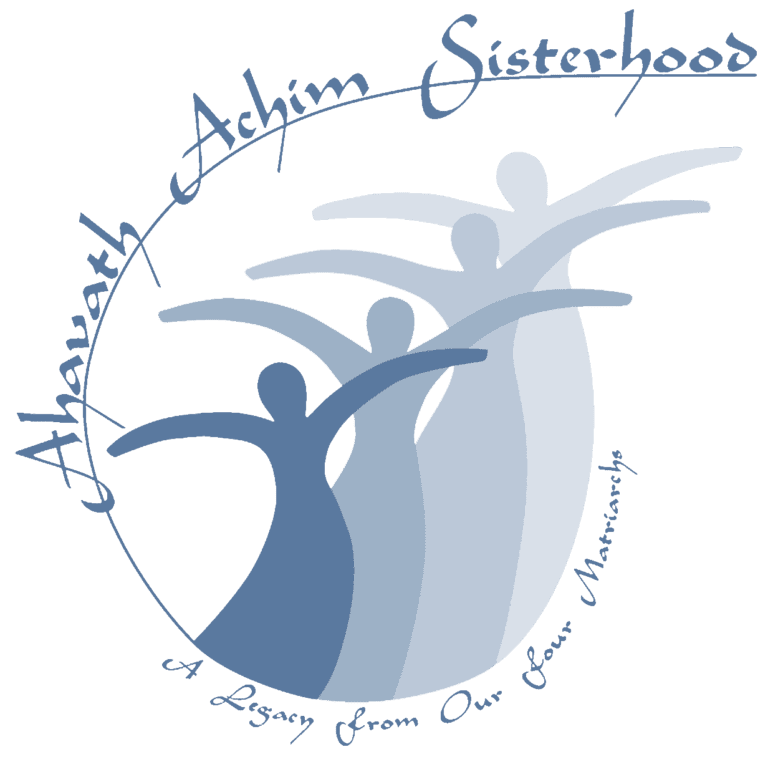
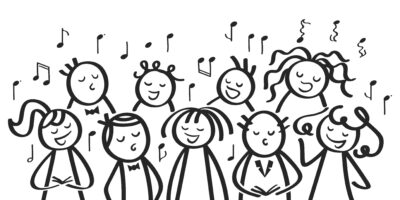
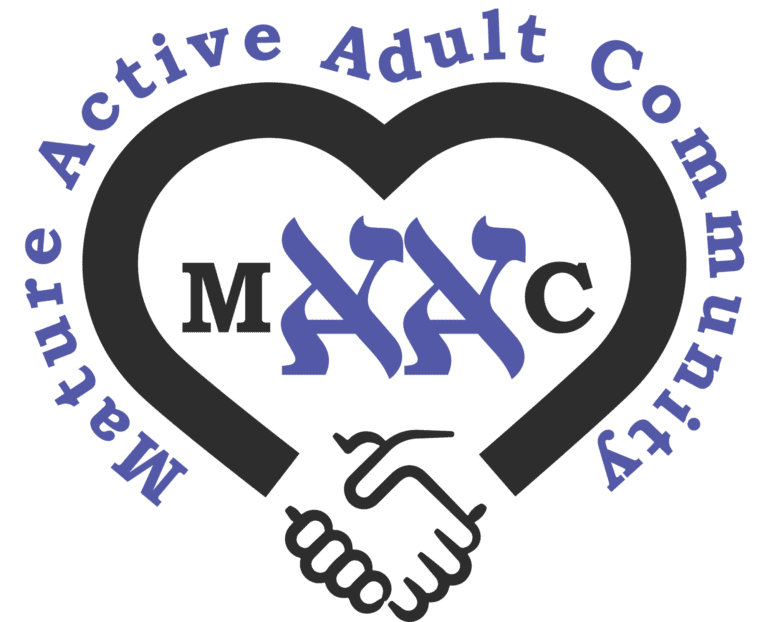
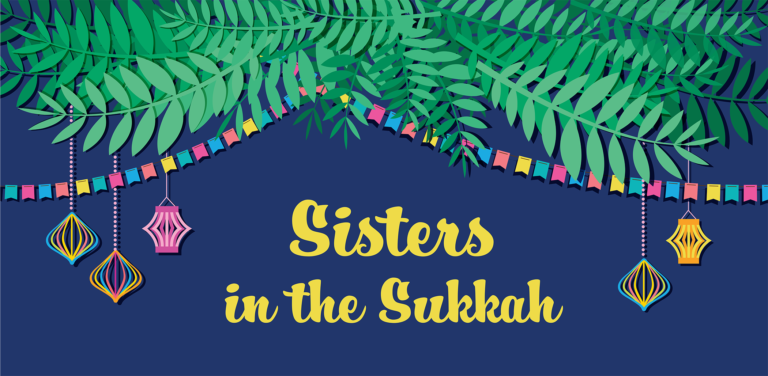


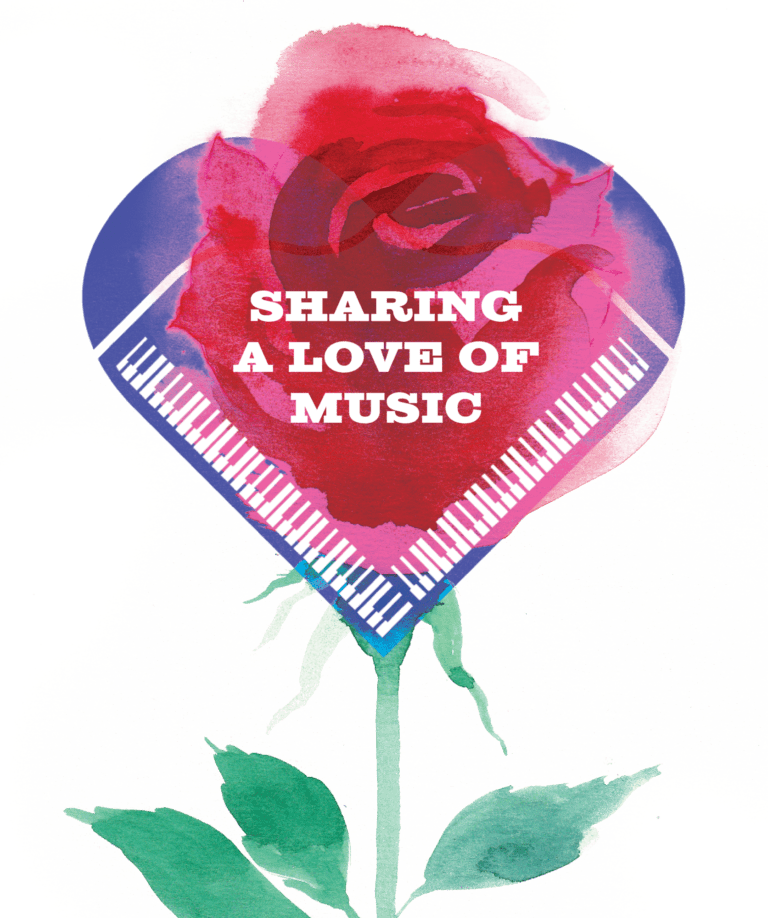
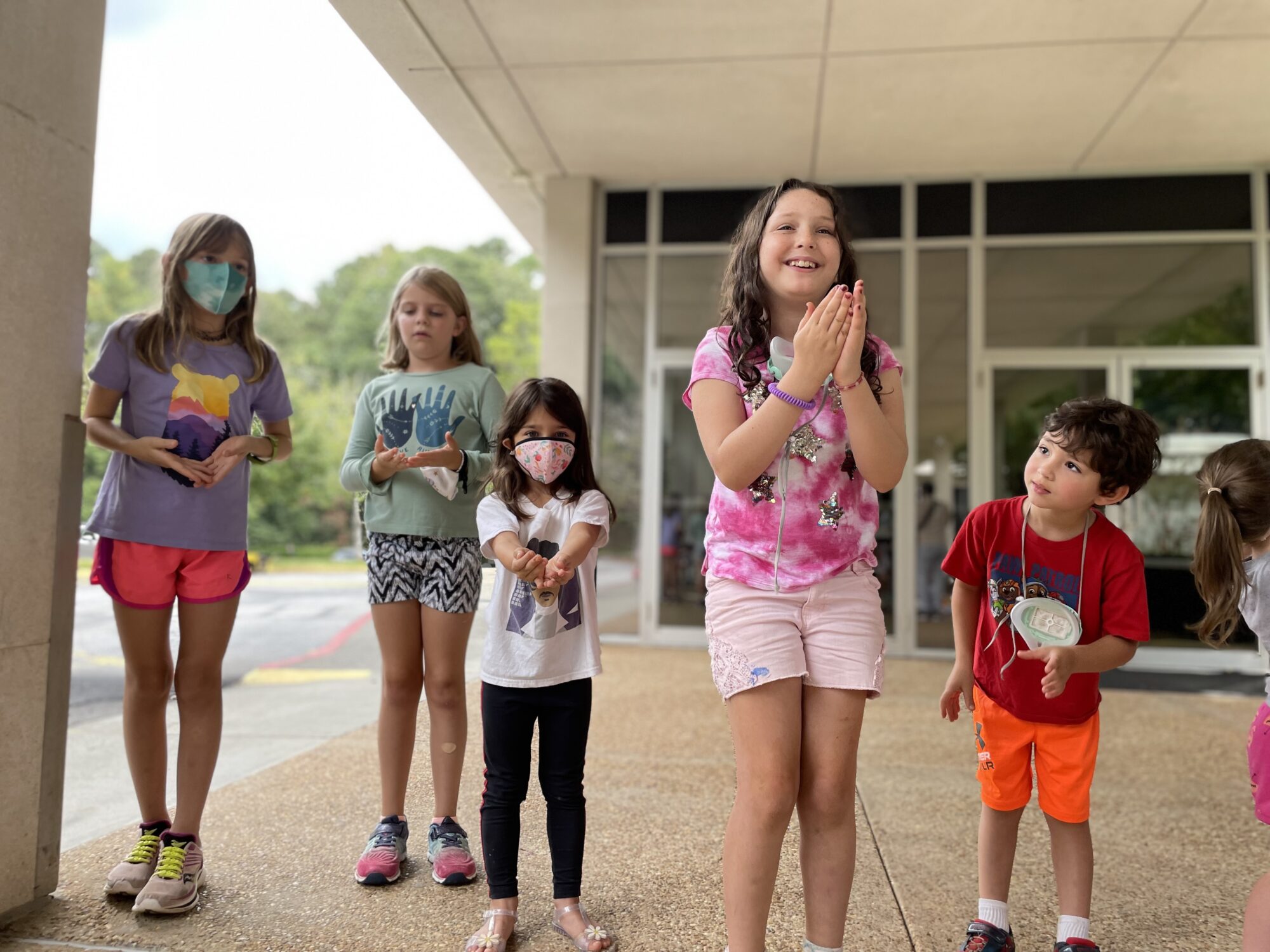 Registration for Kesher (youth program) and Nesiah (teen program) is now open!
Registration for Kesher (youth program) and Nesiah (teen program) is now open! We are grateful for your continued support, patience, and fortitude as our community, country and world move through one of the most challenging times in modern history. With the guidance of the Center of Disease Control's (CDC) latest guidelines, we are sharing with you our updated protocols which will allow our synagogue building and community to live up to its traditional name, a Beit Knesset (A House of Gathering). Effective today, Friday, March 11, the following changes to our safety protocols will be in effect for our worship, cultural events, adult learning, and business meetings:
We are grateful for your continued support, patience, and fortitude as our community, country and world move through one of the most challenging times in modern history. With the guidance of the Center of Disease Control's (CDC) latest guidelines, we are sharing with you our updated protocols which will allow our synagogue building and community to live up to its traditional name, a Beit Knesset (A House of Gathering). Effective today, Friday, March 11, the following changes to our safety protocols will be in effect for our worship, cultural events, adult learning, and business meetings: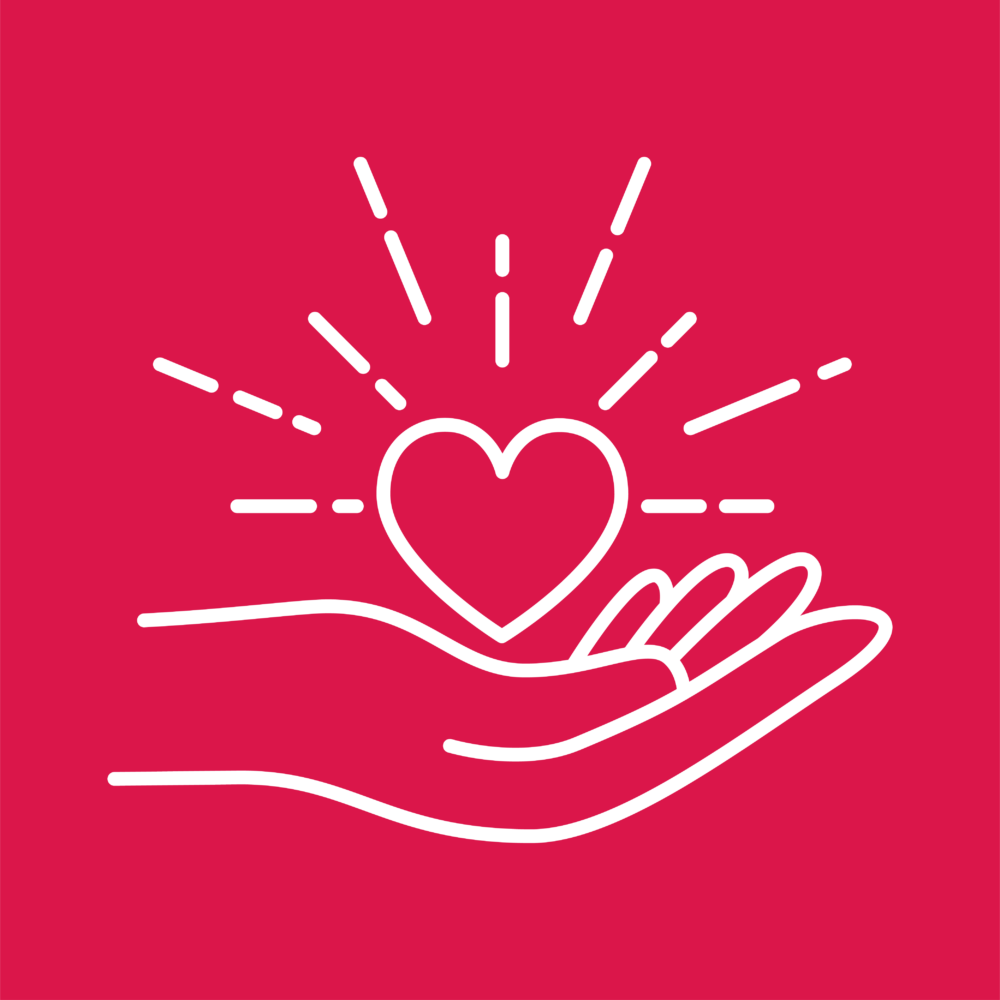 Do you know an AA congregant who is in the hospital or infirm? We are concerned about loved ones and friends who are in the hospital or infirm. Although our synagogue office remains closed, we are still working and would like to connect with you, especially in regards to pastoral care. If you have information about friends or family in the hospital or other care facilities, please contact Rabbi Rosenthal (
Do you know an AA congregant who is in the hospital or infirm? We are concerned about loved ones and friends who are in the hospital or infirm. Although our synagogue office remains closed, we are still working and would like to connect with you, especially in regards to pastoral care. If you have information about friends or family in the hospital or other care facilities, please contact Rabbi Rosenthal (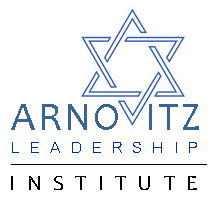
 T
T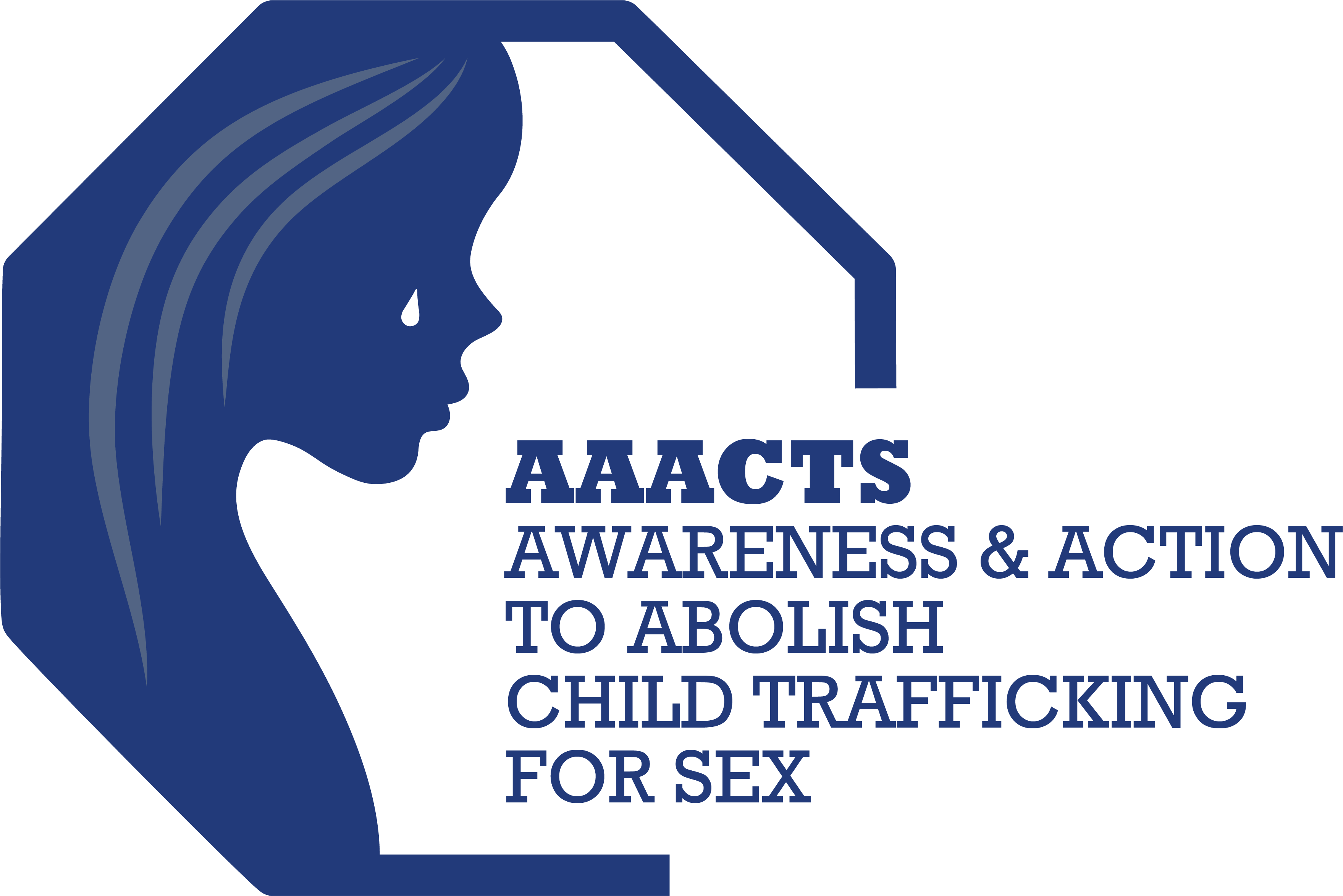 The AAACTS (Awareness and Action to Abolish Child Trafficking for Sex) Committee is working to provide backpacks filled with school supplies to children who have been trafficked and rescued. Please help these children feel confident and cared-for as they start school in the fall. You can help make this possible by making a donation to AAACTS via the donation form below.
The AAACTS (Awareness and Action to Abolish Child Trafficking for Sex) Committee is working to provide backpacks filled with school supplies to children who have been trafficked and rescued. Please help these children feel confident and cared-for as they start school in the fall. You can help make this possible by making a donation to AAACTS via the donation form below.
 We need your involvement in AA's social action programs! Motivate your family and friends "into action" towards the betterment of our community, and envision our current programs continued for the future. Reach out to your nieces, nephews, friends, and new neighbors for new contacts and ideas to help us increase our pool of volunteers for our wonderful existing and future programs. We need you! Find out how you want to be involved by reviewing the
We need your involvement in AA's social action programs! Motivate your family and friends "into action" towards the betterment of our community, and envision our current programs continued for the future. Reach out to your nieces, nephews, friends, and new neighbors for new contacts and ideas to help us increase our pool of volunteers for our wonderful existing and future programs. We need you! Find out how you want to be involved by reviewing the 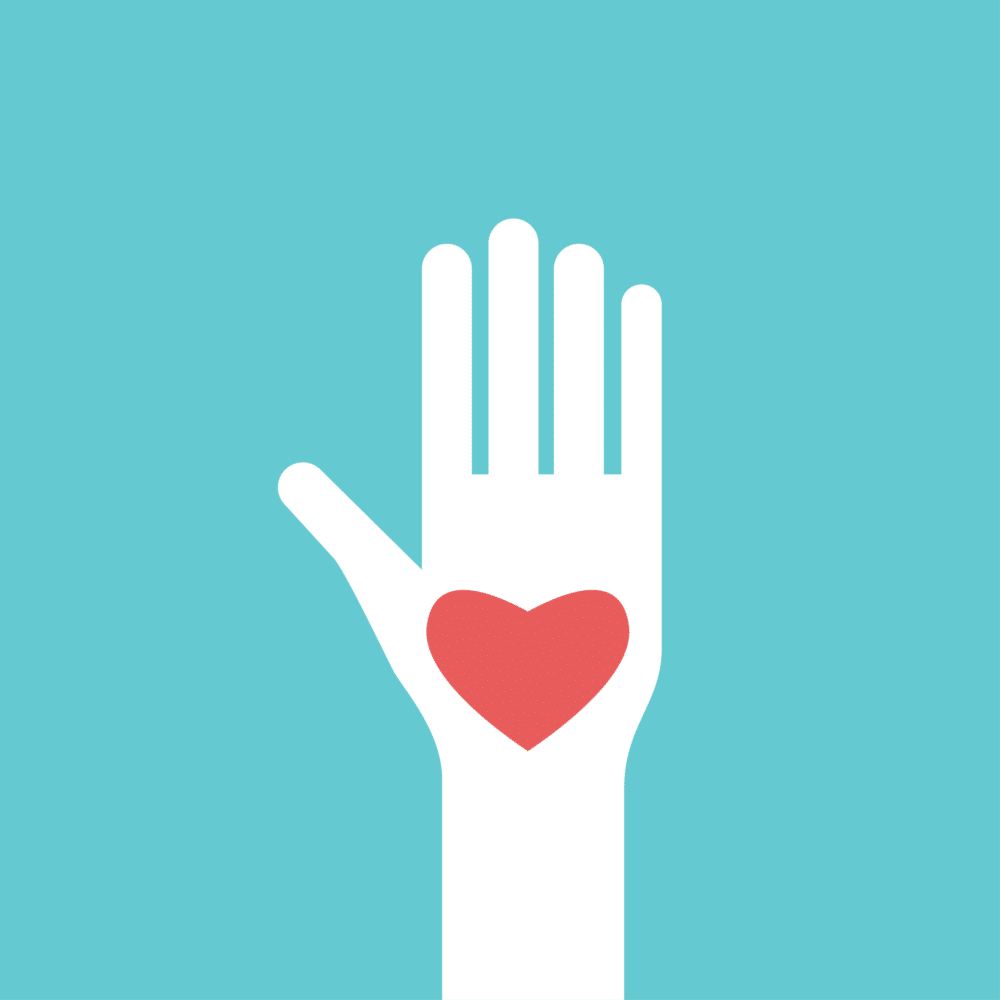 Are you a warm, friendly, dedicated volunteer who wants to make a difference in a fellow congregant's life through acts of loving kindness? Are you willing to make a personal call or visit to comfort and support a congregant who has lost a loved one or been ill? These caring touches – acts of loving kindness – make all the difference in the world to those receiving them. If you want to be a part of strengthening our community, then AA's new Chesed Initiative is for you! This committee will work with our clergy, staff, and lay leaders to connect members who need help with members who want to do good deeds! Additionally, if you know of a congregant who is facing personal difficulties related to health, loss, or grief, please contact Fern Schorr (
Are you a warm, friendly, dedicated volunteer who wants to make a difference in a fellow congregant's life through acts of loving kindness? Are you willing to make a personal call or visit to comfort and support a congregant who has lost a loved one or been ill? These caring touches – acts of loving kindness – make all the difference in the world to those receiving them. If you want to be a part of strengthening our community, then AA's new Chesed Initiative is for you! This committee will work with our clergy, staff, and lay leaders to connect members who need help with members who want to do good deeds! Additionally, if you know of a congregant who is facing personal difficulties related to health, loss, or grief, please contact Fern Schorr (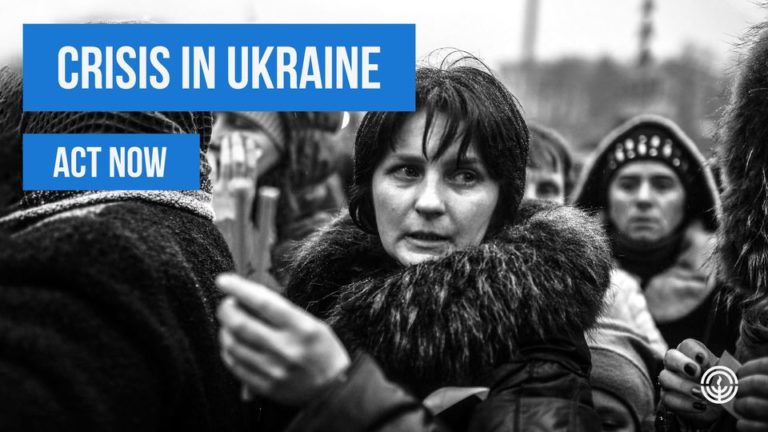 Donate to the Ukraine Emergency Fund of Jewish Federation of Greater Atlanta
Donate to the Ukraine Emergency Fund of Jewish Federation of Greater Atlanta We are proud and grateful to formally launch the Marilyn Ginsberg Eckstein Cultural Arts Program Fund. Formerly the Cultural Arts Program, established in 1977, this fund was established by congregant Marilyn Ginsberg Eckstein to perpetuate AA's broad cultural arts program offerings. AA's cultural arts programming currently consists of: the Fran Eizenstat and Eizenstat Family Memorial Lecture Series, the Chamber Concert Series, the Liturgical Music Artist-in-Residency Program, weekly Shabbat and annual High Holiday musical offerings, and jazz, pop, vocal and instrumental concert offerings. The Cultural Arts Program has long been recognized for its breadth of offerings and its excellence. We hope that you will consider making contributions to this fund as the Marilyn Ginsberg Eckstein Cultural Arts Program offerings continue to present world-renowned speakers, dignitaries, artists, and virtuoso musicians.
We are proud and grateful to formally launch the Marilyn Ginsberg Eckstein Cultural Arts Program Fund. Formerly the Cultural Arts Program, established in 1977, this fund was established by congregant Marilyn Ginsberg Eckstein to perpetuate AA's broad cultural arts program offerings. AA's cultural arts programming currently consists of: the Fran Eizenstat and Eizenstat Family Memorial Lecture Series, the Chamber Concert Series, the Liturgical Music Artist-in-Residency Program, weekly Shabbat and annual High Holiday musical offerings, and jazz, pop, vocal and instrumental concert offerings. The Cultural Arts Program has long been recognized for its breadth of offerings and its excellence. We hope that you will consider making contributions to this fund as the Marilyn Ginsberg Eckstein Cultural Arts Program offerings continue to present world-renowned speakers, dignitaries, artists, and virtuoso musicians.